
The Power of Paradox
Harness the Energy of Competing Ideas to Uncover Radically Innovative Solutions
Recommendation
Consultant Deborah Schroeder-Saulnier argues that “paradox thinking” may be an executive’s most effective course of action. Too often, leaders rely on “either/or” thinking when making decisions: “Should we cut costs or invest in growth?” “Should we go after global opportunities or concentrate on local markets?” Schroeder-Saulnier suggests replacing either/or thinking with “both/and” thinking: Instead of trying to nail down the better of two options, she recommends figuring out how to balance contradictory – but interdependent – options and reap the benefits of both. Her insights are valuable, but her presentation proves occasionally difficult to follow. Fortunately, she explains her five-point plan for identifying, categorizing and contending with your firm’s paradoxes clearly – and sums everything up admirably in the appendix. For its central point and action plan, getAbstract recommends her insightful take on paradoxes to strategic planners at growing companies, corporate leaders, start-ups and business students.
Summary
About the Author
Business consultant Deborah Schroeder-Saulnier, DMgt, is the president and CEO of Excel Leadership Solutions in St. Louis, Missouri, and has worked with Fortune 500 firms worldwide.








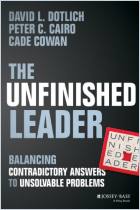
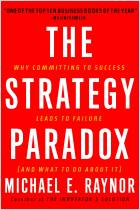

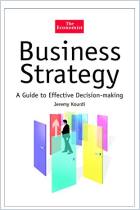
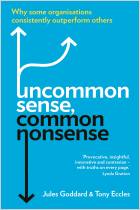
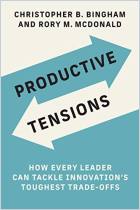


Comment on this summary or Начать обсуждение